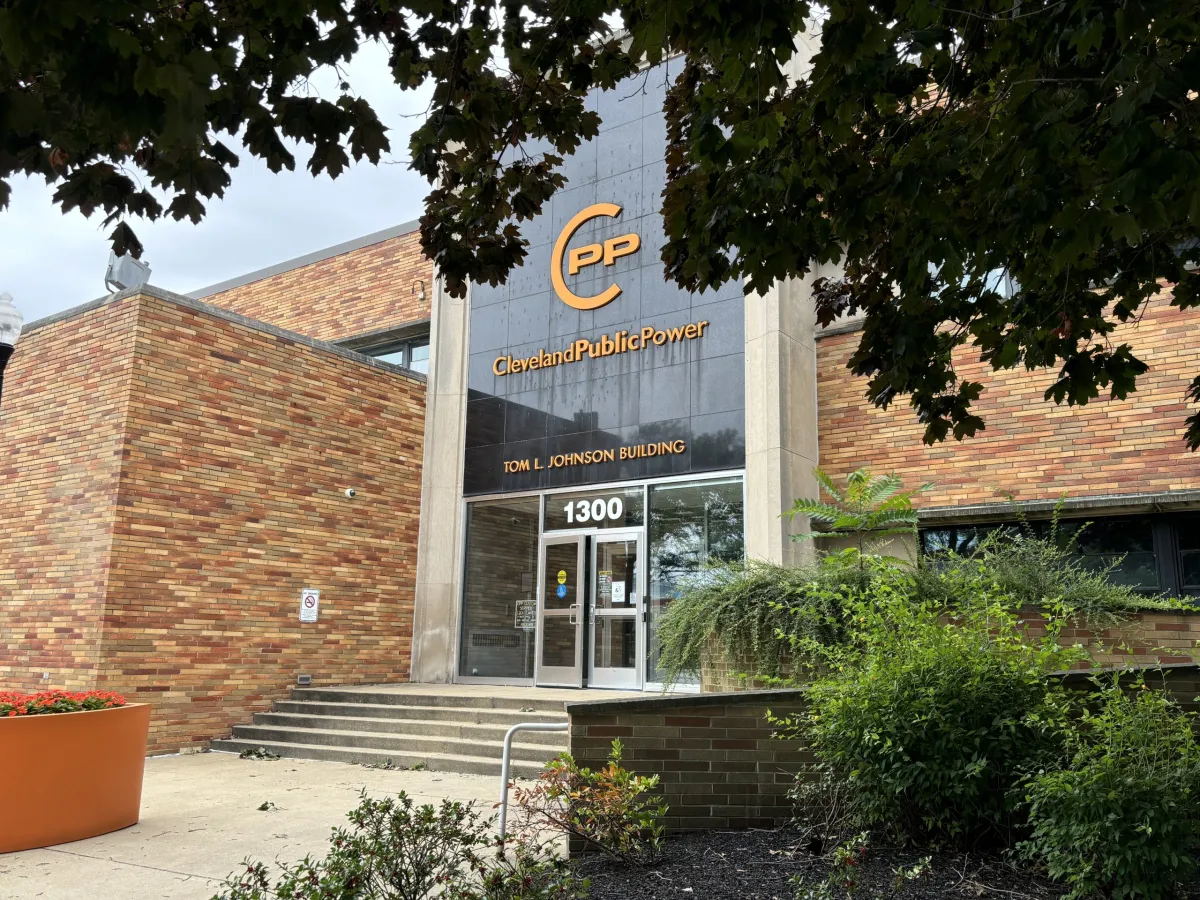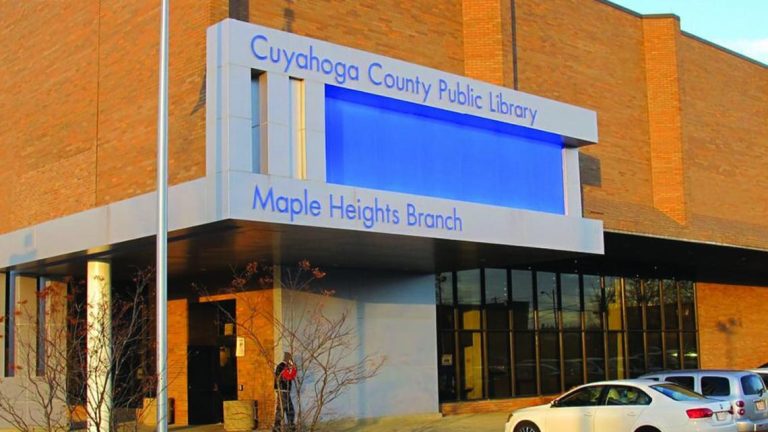Cleveland Public Power Plans $10 Increase in Monthly Electric Bills
Cleveland Public Power (CPP) has announced plans to increase monthly electric bills for residential customers by approximately $10 over the next two years. The proposal was presented to the Cleveland City Council on Thursday, with officials stating that the increase is necessary to meet annual debt obligations and bolster cash reserves for daily operations. The council has yet to vote on the proposed increase.
CPP Commissioner Ammon Danielson expressed his internal conflict, stating, “I would love to not have to take any pennies from my customers. I would also like to be able to spend more money at any given time serving our customers. So that’s the challenge.”
If approved, the average residential customer’s summertime monthly bill would rise from $80.72 today to $90.52 by 2026. This would mark the first rate increase since the 1980s, with similar adjustments also affecting commercial customers.
During the meeting, local business owner Darrell Houston voiced his opposition to the hike, citing deteriorating infrastructure and rising costs for consumers. “The utilities are going up, water’s going up, property taxes are going up, and here you come asking for a higher rate – based on what?” he questioned. “I would probably give you guys an F-plus based on what I can physically see.”
Cleveland Public Power has faced ongoing challenges due to aging infrastructure. A 2019 report deemed the utility’s situation “not sustainable,” highlighting high power costs and poor system conditions, and recommended rate increases to address these issues.
The proposed rate increase, known as a kilowatt-hour charge, is just one element of customers’ overall electric bills, which also includes state taxes and an “energy adjustment charge” to cover CPP’s power purchasing costs.
Despite the proposed increase, Utilities Director Martin Keane noted that it would not fully address CPP’s infrastructure needs. An assessment recommended annual spending of $18 million to $20 million on upgrades. The rate hike would allow CPP to allocate $9.8 million for infrastructure improvements by 2026, a significant increase from the $5.2 million budgeted for this year.
Additionally, CPP needs to improve its cash reserves, according to Catherine Troy, the chief financial officer for the city’s utilities department. A well-functioning utility should maintain enough cash to cover 150 days of operations—approximately $80 million for CPP—but currently, it holds only $70 million.
Although no vote was taken on the rate increase during Thursday’s meeting, Utilities Committee Chair Brian Kazy encouraged his colleagues to support it. He contrasted CPP with Akron-based First Energy, highlighting the local utility’s community focus. “CPP is locally owned and locally operated and keeps Clevelanders employed,” Kazy said, emphasizing the importance of supporting the city’s public utility.






